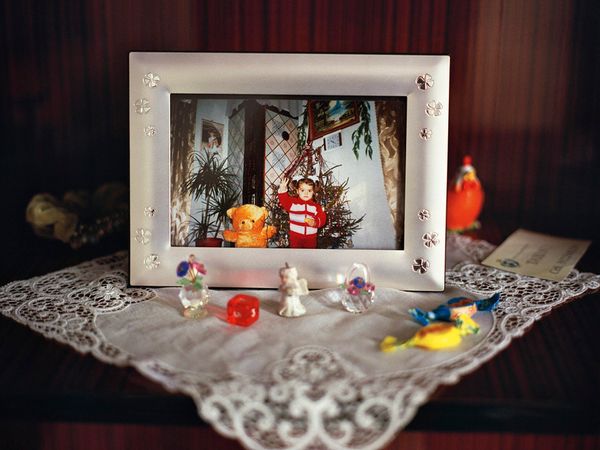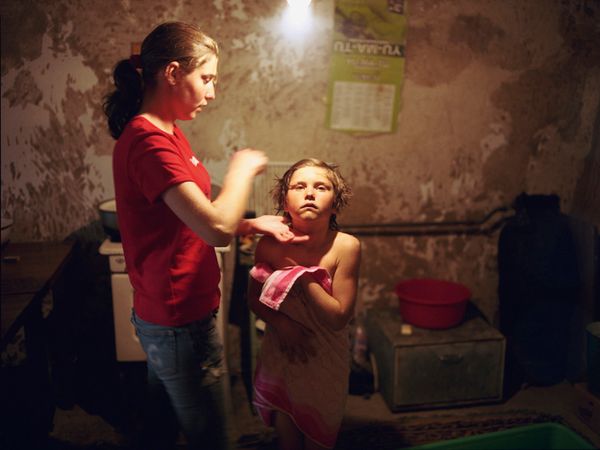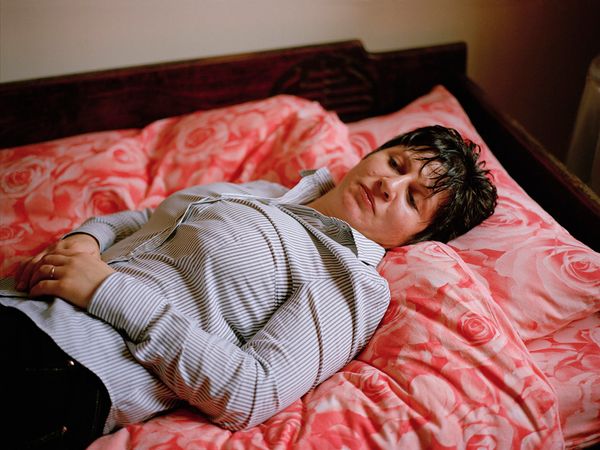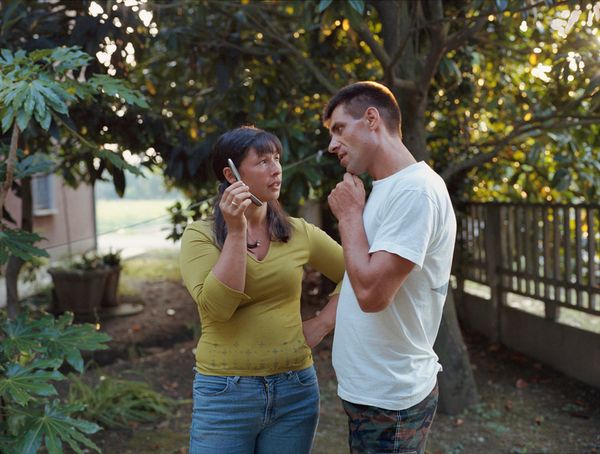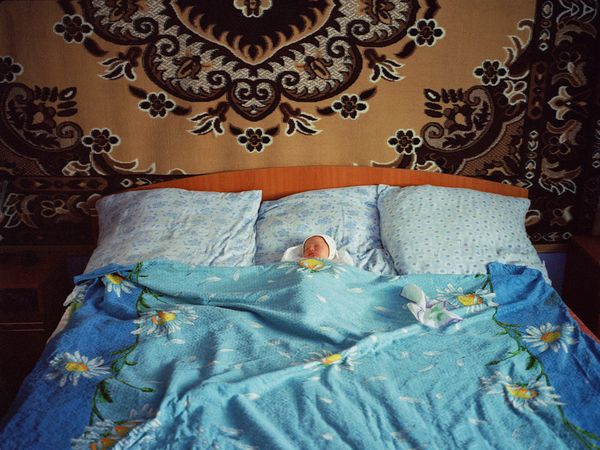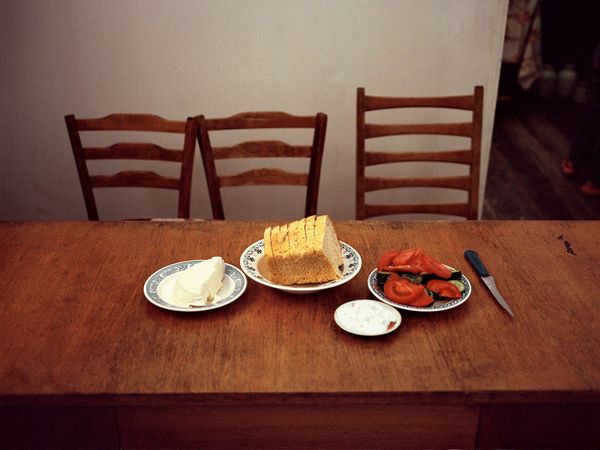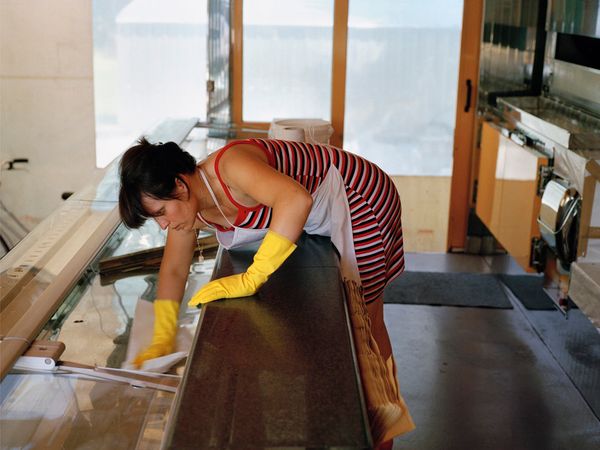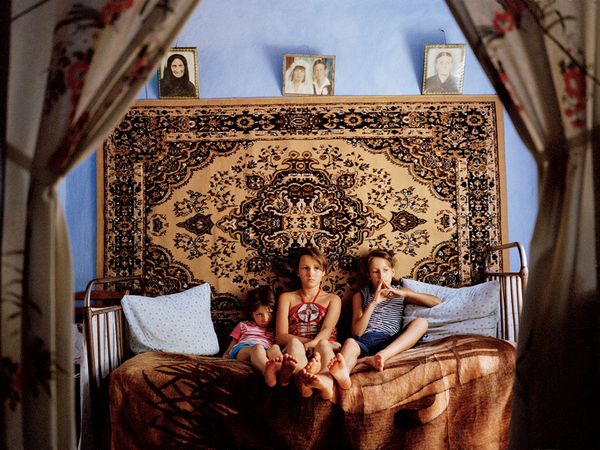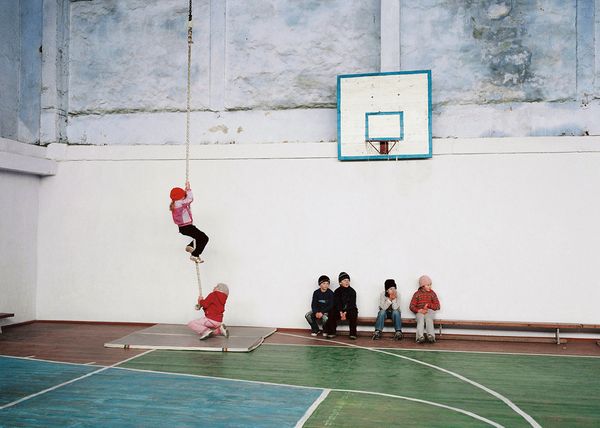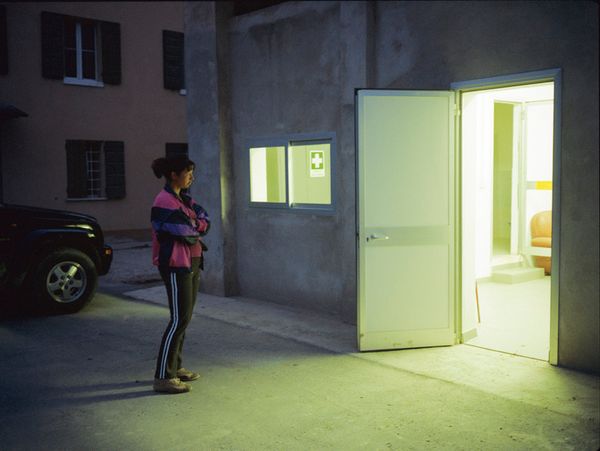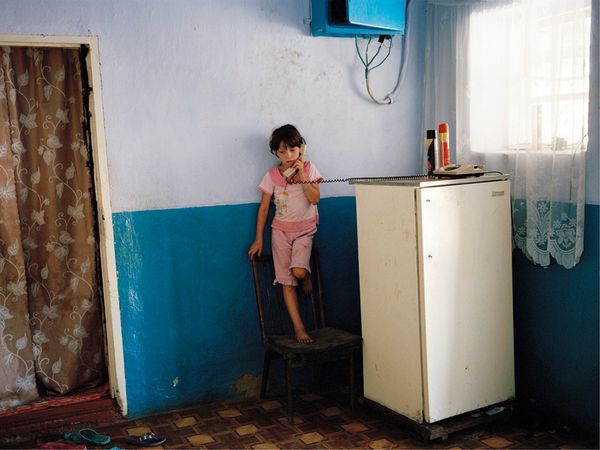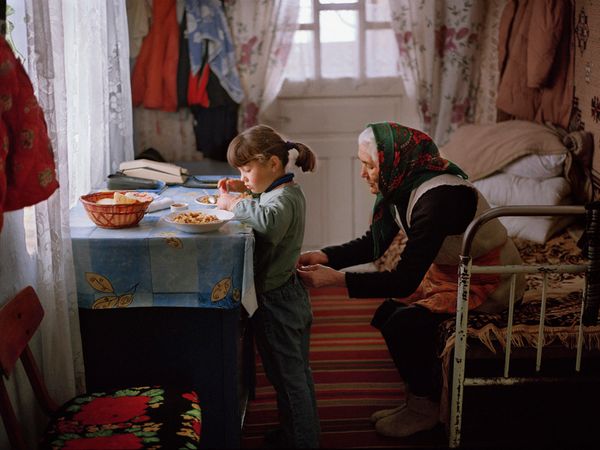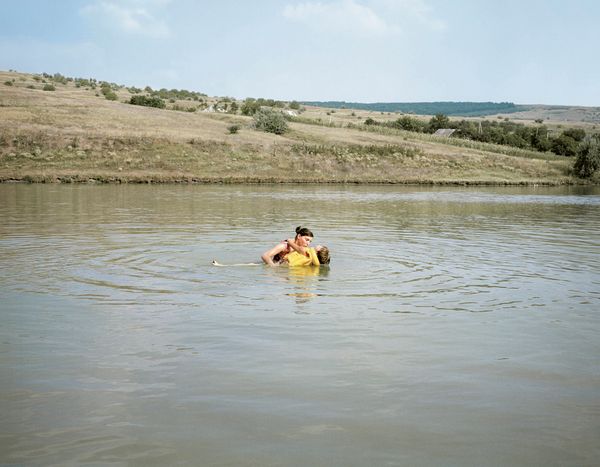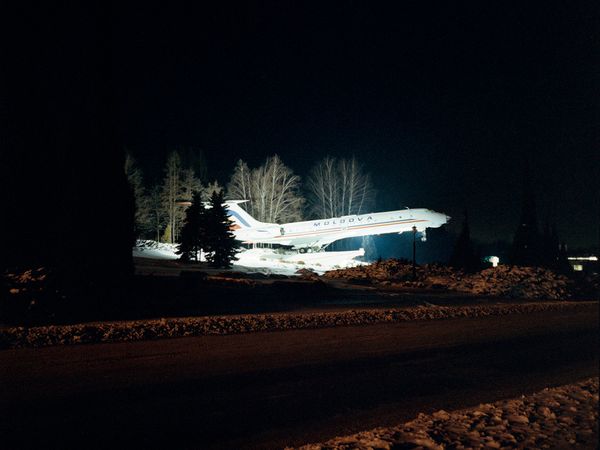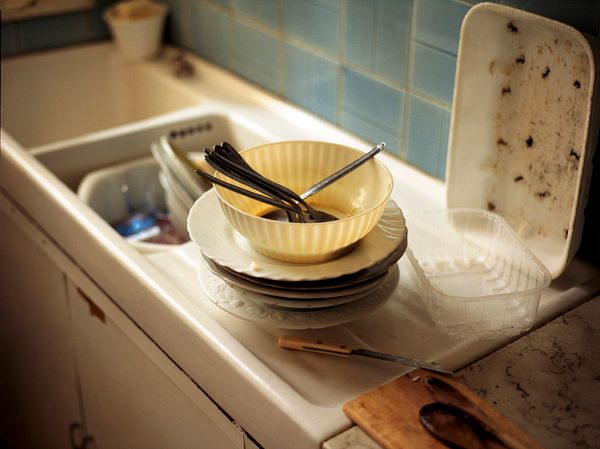LAND OHNE ELTERN / Country without parents
-
Dates2008 - 2012
-
Author
When I was standing in front of a class of first graders in a small village in thesoutheast of the Republic of Moldova and their teachers asked “whose parents live in Italy?”, and when about two thirds of the children raised their hands with a mixture of pride and embarrassment, I was shocked.
When I was standing in front of a class of first graders in a small village in the
southeast of the Republic of Moldova and their teachers asked “whose parents live in Italy?”, and when about two thirds of the children raised their hands with a mixture of pride and embarrassment, I was shocked. How different it is to read about all those statistics about labor migration and remittances from being in a cold classroom with 30 six-year-olds in woolly hats and to realize that these children often haven’t seen their parents in years since they emigrated illegally into the EU and work as cleaners or harvesters 2000 km away from home. The Republic of Moldova is a poor country, with some statistics making it the poorest European country. This was not always the case. Up to its independence at the onset of the 1990s, it was one of the most prosperous of the Soviet Republics. However, due to the unresolved Transnistrian conflict its economic situation has deteriorated dramatically. Russia has ceased to be its major market for agricultural produce and there is hardly any domestic industry. The average monthly wage is about
€110 and forty percent of the population lives below the poverty line. Many try to improve their situation by looking for work abroad. According to official estimates, at least 690,000 of the 4.3 million citizens of Moldova live and work abroad. NGOs estimate that the true figure is more than one million people. No other European country has as many labor migrants
as the Republic of Moldavia. Remittances from host countries amount to more than the gross
domestic product and are the one economic factor that keeps the state from economic bankruptcy. According to National Bank statistics, the annual cash inflow from abroad totals about $600 million. If the unofficial transfers are added, more than double this amount comes back to Moldova
from abroad, more than what is paid in wages in the country per year. There is hardly a family where not at least one parent works abroad. As a rule the children stay behind and grow up with
relatives, friends or even completely on their own. Since most parents leave the country illegally, children often do not see their parents for many years.
I have accompanied these divided families, the children in the Republic of Moldova and their parents who mainly live illegally in Italy, the country in the west to which most Moldovans
emigrate.
